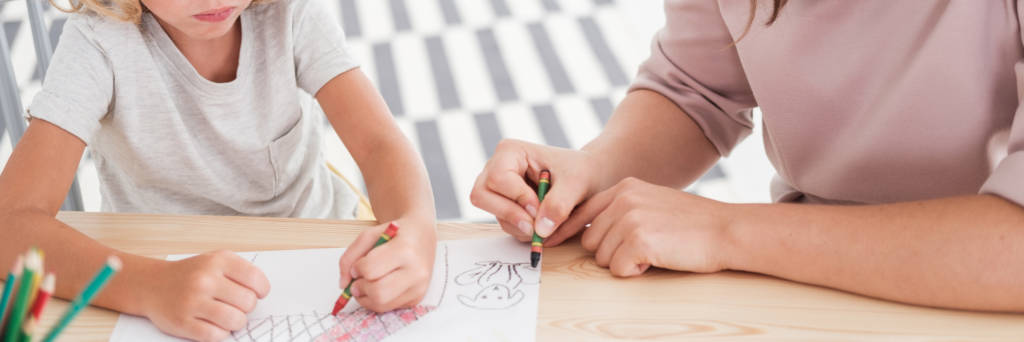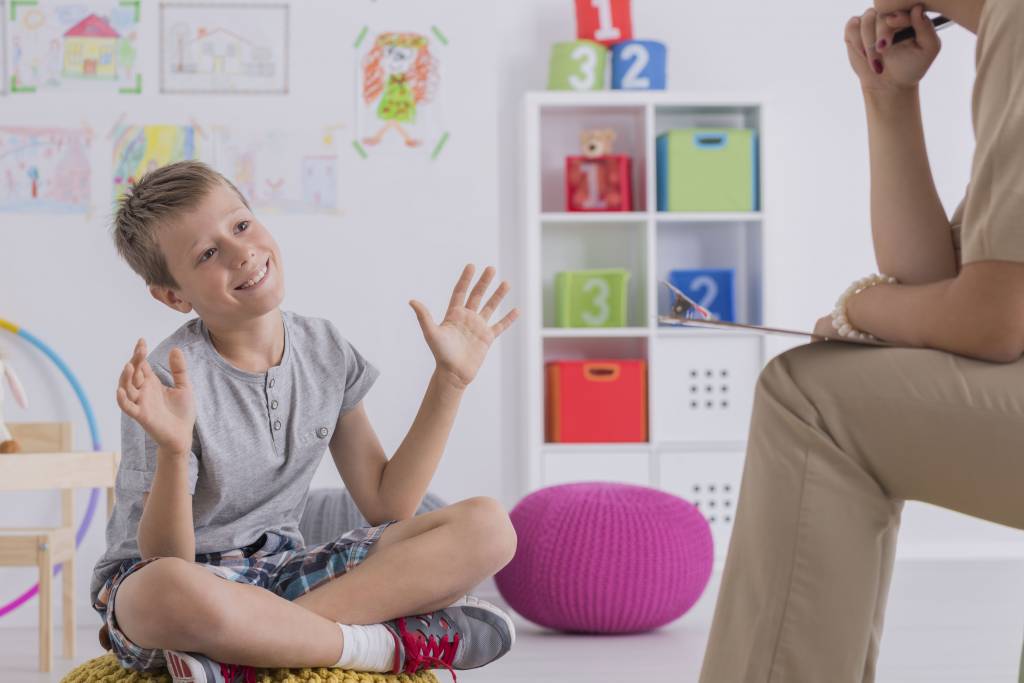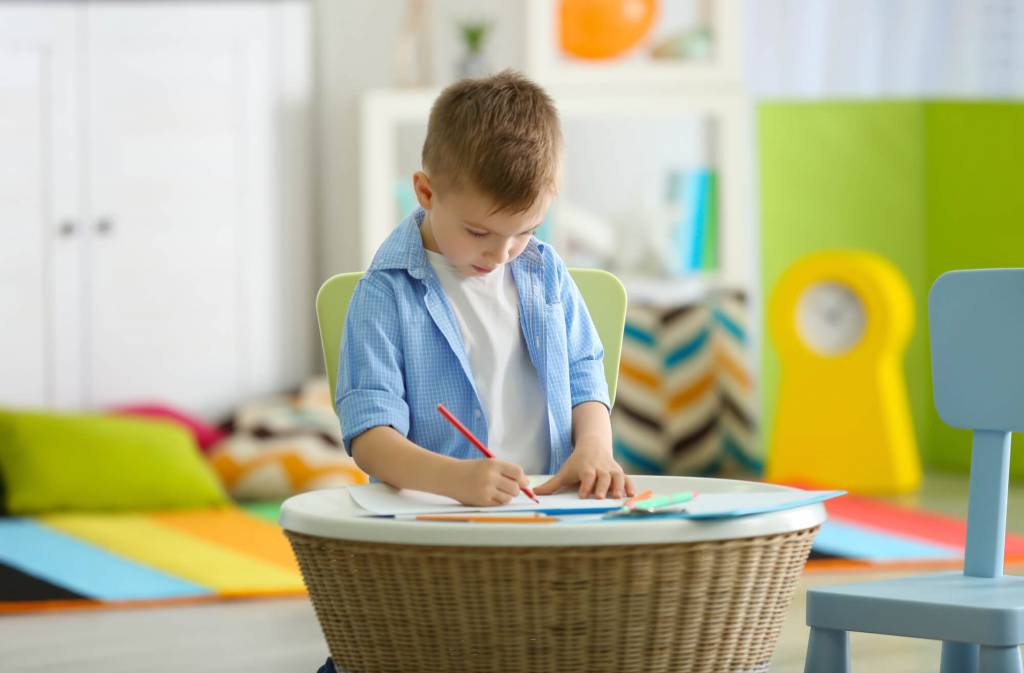Child Counselling
Child Counselling
Child counselling is for any young person who’s having problems. Whether it’s depression, or mental health concerns, or issues with parents or people at school.
The relationship that a child develops with their counsellor is very different from those they share with other adults in their life. The counsellor is a neutral party and not a part of their family life, allowing them the space to open up and be heard in a safe environment.
Counselling for children involves encouraging them to express themselves, just as with adults’ “talk therapies”. This is often through play, as it helps the child feel at home by sharing their feelings. Using play allows children to explore their thoughts and feelings in a way that is most comfortable for them.
Therapy for Children with Depression, Anxiety and Stress
Depression:
Everyone experiences times when they feel anxious, sad, or depressed, however, when a child has these feelings which are overwhelming, persistent, or are affecting the ability to function on a daily basis, it may be the child is suffering from depression.
Counselling can help the child explore his or her feelings and look at the reasons behind those emotions. Counselling aims to help the child find his or her own solutions, without making moral judgements or pushing them in a particular direction. At CoRe Kids Therapy, we deliver individualised treatment plans tailored according to each child’s unique situation.
Anxiety:
Anxiety is a mental health condition that is characterized by persistent and overwhelming feelings of fear, panic, worry or unease. Whilst some anxiety and worry are natural, when these emotions are prolonged, or disproportionate to the actual threat posed by the situation, they can lead to an anxiety disorder. Anxiety not only interferes with a child’s sense of wellbeing but can also make it difficult to sleep, eat, sustain healthy relationships and perform day-to-day routines.
At CoRe Kids Therapy, we help your child increase his or her awareness and self-understanding of when and under what conditions they feel anxious. This will put them on the path to taking control of their anxiety and resolving underlying causes and triggers.
Stress:
Stress can be defined as a state of mental or emotional strain due to challenging circumstances. Whilst feeling some stress is a normal part of life, it’s important to recognize when a child’s stress is increasing to such a point, beyond normal, that it becomes unbearable and causes physical and mental exhaustion. Ongoing stress can be a trigger for other mental health conditions such as depression and anxiety.
Stress is treatable, and children don’t have to struggle on their own. At CoRe Kids Therapy, we will provide your child with the tools to overcome stress and get them on the path to achieving the healthy and productive life they deserve.
Therapy for Children with ADHD or Challenging Behaviours
Counselling can assist children with ADHD or Challenging Behaviours to do better in school and at home. Some children may also benefit from counselling to help ease difficult emotions triggered by their ADHD or Challenging Behaviours. For example, children might lose confidence or feel like they’re disappointing others. By learning skills to manage ADHD and their Challenging Behaviours, they do better.
At CoRe Kids Therapy, children learn by doing. This may be through Play Therapy or activities and ideas to build skills such as good study habits. A positive relationship with the therapist helps children feel encouraged and supported as they learn.
Therapy sessions include activities like:
- Listening and Expressing. The therapist will encourage the child to talk about their feelings. This helps them take notice their feelings and express them in words instead of actions. Talking and listening helps children feel better understood and ready to learn. It also helps children learn to pay attention and improve listening skills.
- Play Therapy. For young children, play can teach self-control, such as waiting to take a turn in a game. The use of games can teach children to slow down, follow directions, and try again instead of losing their temper or giving up. Play is also a way for kids to learn how to plan, organise, and put things away.
- Practicing new skills. Children learn skills like mindfulness and breathing exercises. These skills can train attention and calm the mind and body. Therapy sessions can be a time to practice these skills.
- Problem solving. Children learn how to deal with problems associated with their ADHD or Challenging Behaviours in school and at home. They will also learn how to ask for help when they need it.
Building Confidence
Self-esteem is the degree to which one feels confident, valuable, and worthy of respect. It exists on a spectrum from high to low. Where a child’s self-esteem falls on this spectrum can influence his or her overall well-being
Living with low self-esteem and a lack of self-confidence can leave a child feeling frustrated and miserable. His or her self-doubt and self-critical inner voice can sap energy and prevent the living of a happy and contented life. Low self-esteem is also a symptom of several mental health conditions, such as anxiety and depression.
Children may develop low self-esteem, for instance, when adults harshly criticise them for mistakes and they internalise those messages. Adverse childhood experiences such as child abuse or bullying can also contribute to low self-esteem.
Signs of low self-confidence:
A child’s level of self-confidence can be identified in many ways: body language, behaviour, how they speak, and how they react to different situations. Kids who are confident are generally more positive and believe in their abilities, whereas those with low confidence often have negative thoughts about themselves and their abilities. This leads to a downward spiral of underachievement and disappointment
If a child has low self-confidence, he or she may feel:
- A lack of drive or direction
- Shy and uneasy
- A sense of uselessness and worthlessness
- Inferior to others
- Fear or anger towards social and family relationships
How can we help:
Counselling children for low self-esteem helps by exploring the roots of self-doubt and the source of these critical thoughts. We will explore how these feelings may have evolved and have come to take hold. It is important for children to understand that how we feel about ourselves can affect all areas of our lives. How we talk to ourselves can have an impact on our self-esteem. Kids may not even realise that they are constantly hearing a negative inner voice that is self-critical and constantly judgmental.
At Core Kids Therapy, we offer children a confidential and safe space to be heard, without any judgement or criticism. In this safe place, kids are able to explore the root causes of their self-doubt and consider ways to break negative thought cycles to discover a more positive and caring view of themselves.
Our Child Counsellors & Child Psychologists operate from our centre in Yarraville and our South East Melbourne location in Moorabbin.




